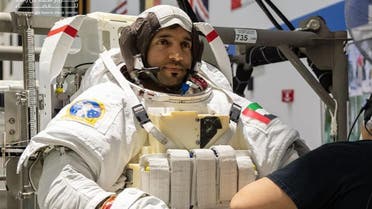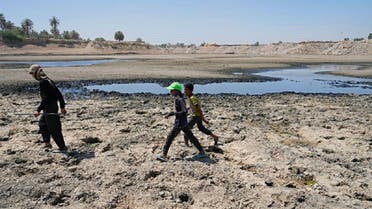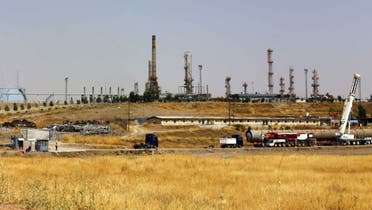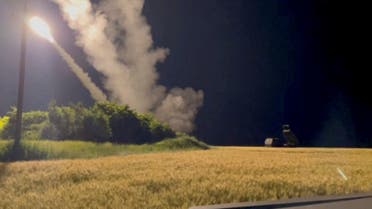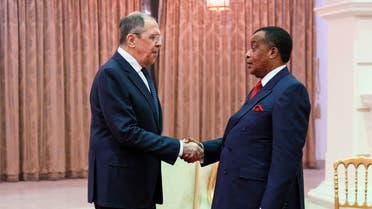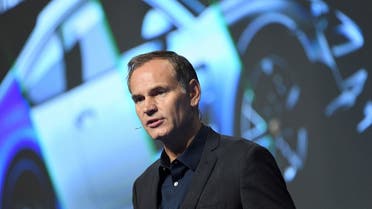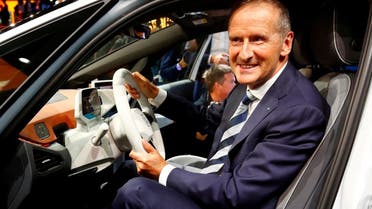CBC/Radio-Canada - Yesterday
United Conservative supporters are leaning toward three top contenders in the party's leadership race, according to a new poll — but one political scientist says its results aren't a sure indicator of who's on top.

© Jonathan Hayward/The Canadian Press, submitted by Brian Jean, Jason Franson/The Canadian PressFormer Wildrose Party leaders Danielle Smith (left) and Brian Jean (centre) had the most support amongst United Conservative Party supporters in a new poll, while former finance minister Travis Toews (right) followed in third.
The recent poll from Canadian research company Leger asked UCP supporters which of the candidates they felt would make the best party leader. Former Wildrose Party leaders Danielle Smith (with 22 per cent) and Brian Jean (20 per cent) had the most support, while former finance minister Travis Toews followed with 15 per cent.
Duane Bratt, political scientist at Mount Royal University, said something important to remember is that this poll was not a survey of UCP members, who will be the ones deciding the party's next leader.
"I think [the poll] tells us who the wider population has name recognition of," Bratt said.
"It doesn't help us understand how the leadership race is going to work because to do that you would need access to the actual membership list."
Even if the poll did survey UCP members, Bratt said having a preferential ballot in the actual race makes it hard to predict who might come out on top.
The poll surveyed 1,025 Albertans aged 18 and older. Among them, 351 were identified as UCP supporters, indicating they would vote for the party if a provincial election was held today. Surveys were conducted online between July 15 and 17. Results were weighted according to age, gender and region based on 2016 Census data, the Leger website states.
A margin of error was not stated as the poll was a non-probability survey, according to Leger.
How important is name recognition?
Bratt said it's not surprising the former Wildrose leaders and a former provincial minister are the candidates with the greatest name recognition.
Andrews Enns, an executive vice-president at Leger, said even though the poll didn't survey party members, the results shouldn't be completely discounted in predicting the next UCP leader.
"Party members are also members of the public and so I think there will be … some reflection of this in terms of where things currently are," Enns said.
While the poll may not indicate who UCP members favour, name recognition could still be an important factor in determining which candidates can rally the most membership support, according to Bratt.
"If you're going to sell memberships, people have to know who you are," he said.
Former cabinet minister Rajan Sawhney received zero per cent support in the poll.
None of the other approved candidates got more than 2 per cent support. Notably among them are two other former cabinet ministers: Leela Aheer and Rebecca Shulz.
Enns said it may seem shocking that some former cabinet ministers would receive little to no support in the poll, but he said the general public doesn't "really have much recollection" of ministers unless they're in top positions.
"It's almost like the public has kind of a certain capacity to take in who's doing what and who's playing an active role in government," he said.
NDP slightly in lead with decided voters
The poll also suggests the New Democratic Party is slightly in the lead with voter support in the general public, with 45 per cent of decided voters favouring Rachel Notley's party, while 41 per cent support the UCP.
However, Bratt said if current support for the NDP was broken down by legislative seats, it may still lead to a UCP government.
While the NDP has an "overwhelming lead" in Edmonton, and the UCP dominates rural Alberta, the parties are almost tied in support in Calgary, Bratt said.
"For the NDP to win their path to victory, they can't be neck to neck in Calgary. They have to win substantially," he said.
The poll shows that at 61 per cent support, decided voters in Edmonton are more likely to vote for the NDP. Support for the UCP is highest outside of Edmonton and Calgary at 51 per cent. Within the City of Calgary, UCP support is at 41 per cent.
UCP support also appears to increase with voter age, the poll results showed.
Enns said one interesting finding of the poll is that when asked what the most important quality the party's new leader should have, UCP supporters indicated the candidate should have a clear plan for Alberta's economic growth.
"This actually provides some important information potentially to those campaigns," Enns said.
"If their goal is to attract members from the UCP supporter base … this would be some of the messaging that would be most appealing in terms of getting the Albertan economy back on track and investing in some of those core services like health and education."
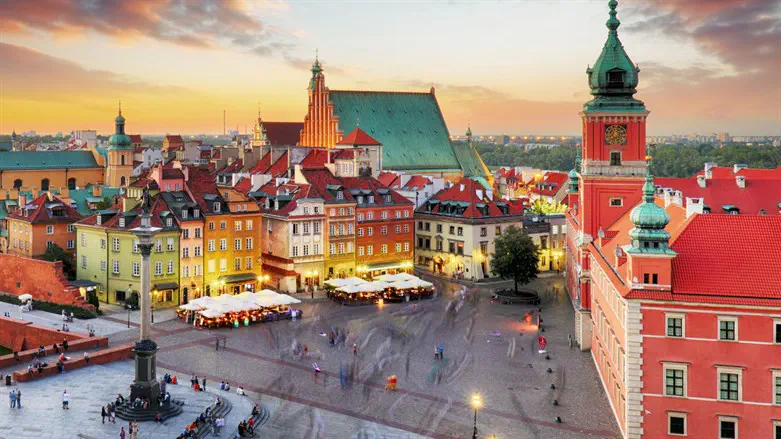 WarsawISTOCK
WarsawISTOCK